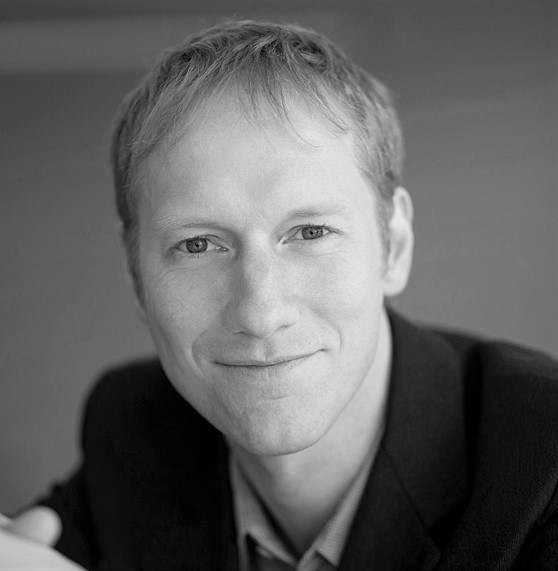
contact
Goethe University Frankfurt
GRK Doing Transitions
address:
Institute for Social Pedagogy and Adult Education
Department of Adult and Further Education
Campus Westend, PEG 4.G171
Theodor-W.-Adorno-Platz 6
60323 Frankfurt am Main
m.bernhard(at)em.uni-frankfurt.de
Michael Bernhard studied Education, Psychology and Philosophy at Hagen University until 2011. In his Master thesis “Bridge Training Programs as a means to occupational integration of immigrants in Ontario,” he researched the institutional-educational support of transitions of adult migrants into the Canadian labour market. Following his move to Canada in 2002, he assumed a leadership role in an organization for adult education and counselling with a focus on immigrant supports. In his work with Wilfrid Laurier University and the University of Waterloo, he developed Community Service-Learning courses and guided the practical training of social work students. After a period in the leadership teamof a French-American enterprise, Michael is currently working as Lecturer and Research Associate with the Department of Adult and Further Education at Goethe University Frankfurt. As part of the Cooperative Research Training Group “Doing Transitions” he is once again researching migration trajectories. Through his doctoral research, he explores how transitions during adult migration are shaped, coped with and used as opportunities for learning and transformation.
Learning and transformation processes during transitions of adult migrants in Canada
Migration—as the crossing of socially constructed boundaries—is characterized by differentiations and categorizations that are produced in its process. Transitions through migration are mediated within discursive and institutional power structures and shaped through social practices (e. g. addressing as migrant, refugee, expat), as well as the revaluation of cultural capital.
In the discourse of classical immigration countries such as Canada, and increasingly also in Germany, the immigration of highly skilled migrants has been considered a competitive advantage and seen as desirable. This political intention, however, is contrasted by a social reality in which we find ample evidence for structural discrimination and exclusion of migrants in the educational sector and labour market. While institutional-educational supports of the migration process aim to address those disadvantages, there remain ambivalences and tensions to be recognized.
The focus of this research project are the individual learning and transformation processes that take place against the backdrop of this societal discourse and the institutional mediation, inclusion and exclusion: Which learning and transformation processes do highly skilled adult migrants undergo in the context of institutional regulations within the Canadian migration society? To which degree do individual coping mechanisms pre-structure future transitions? How are the discursive and institutional labelling of individuals as migrants and expectations of stability and change reflected in the biographies of internationally mobile adults?
To answer these questions, this research project follows a Grounded Theory framework and employs the Documentary Method for data analysis. Data weregathered through narrative interviews. Theoretical reference points consist of practice theory, as well as pragmatist, transformative and biographical perspectives on learning.. Taking a “Doing Transitions” and “Doing Migration” perspective, the topical and methodological framework aims to generate deeper insights into migration processes, the construction of successful migration pathways, as well as social practices of inclusion and exclusion.
Publications and conference presentations
Hof, C. & Bernhard, M. (2022). Übergänge als Anlass für Lernprozesse. Zeitschrift für Pädagogik Beiheft (1), 181–194. (peer reviewed)
Encountering a new rulebook: Migrant engagement with the “Canadian experience” discourse. Paper presentation at the ESREA conference on ‘Encountering the other: biographies, spaces and relationships in adult education’, March 2022.
The messy crossings of career and national boundaries in adulthood. Paper presentation at the annual congress of the German Society for Education (DGfE), March 2022.
Experience and transitions: A relational perspective on migration in adulthood. Paper presentation with the Canadian Association for the Study of Adult Education (CASAE) at the Congress of the Humanities and Social Sciences. Conference theme: ‘Transitions’, May 2022
Learning by doing transitions and adult migration. Paper presentation at the 12th International Researching Work & Learning Conference (RWL12) at the University of Toronto (OISE), themed ‘Work, Learning & Social Change’, July 2022.
